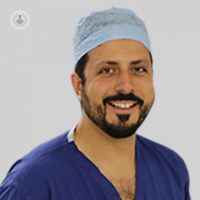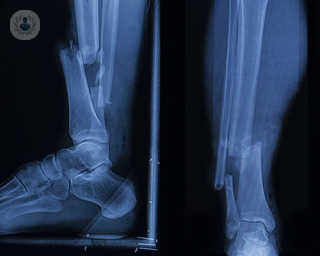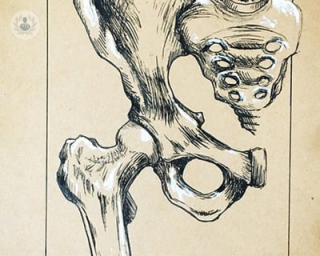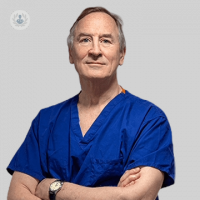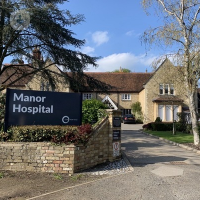Traumatic injury
Mr Ibraheim El-Daly - Orthopaedic surgery
Created on: 05-24-2017
Updated on: 04-06-2023
Edited by: Aoife Maguire
What is a traumatic injury?
A traumatic injury is a physical injury which occurs suddenly, with a certain degree of severity. These types of injury typically require immediate medical attention and may first be dealt with in A&E, with later referral to a particular specialist if ongoing treatment is needed or rehabilitation is necessary. Major trauma has the potential to be severe, causing disability, or in extreme cases, death. Trauma is the most common cause of death in adults under 40 in the UK.
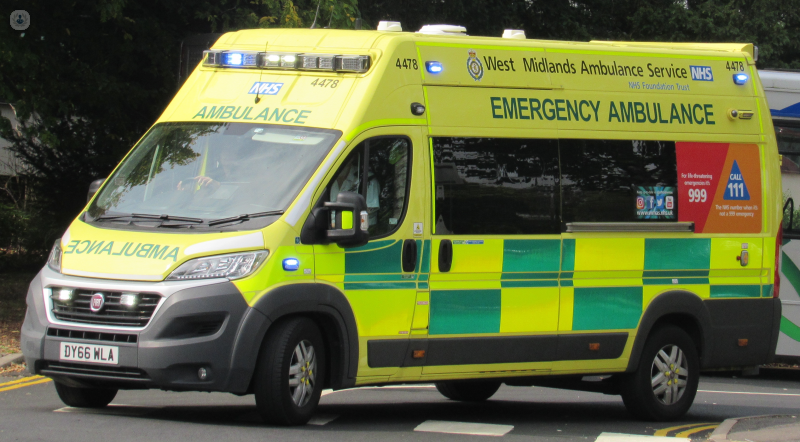
What causes traumatic injuries?
Trauma can be caused by a variety of external forces which affect the body. Some of the most common causes of traumatic injury include road traffic accidents, falls, violence, sports injuries, and penetration (e,g stab wounds, bullets). In the UK, falls are one of the most common causes of traumatic injury, as the ageing population are more likely to experience a fall. In England and Wales a fall is the most common type of major trauma, overtaking road traffic accidents as the main cause.
How are traumatic injuries treated?
In cases of major trauma, where injuries are multiple and serious in nature, the patient will typically be taken to a trauma centre, where multi-disciplinary teams including anaesthetists, orthopaedic surgeons, neurosurgeons, and emergency doctors work to quickly deal with the injuries. Surgery may be immediate, in order to reduce the possibility of disability/death.
If the traumatic injury is not life-threatening, it will most likely first be dealt with in A&E, then referred to a specialist doctor if necessary. Surgery may be necessary to treat the injury, followed by physical therapy in many cases in order to achieve rehabilitation.
Which specialist treats traumatic injuries?
The specialist treatment will depend on the injury in question. Bone fractures, for example, will be treated by an orthopaedic surgeon/traumatologist, while brain injuries will be treated by a neurosurgeon.
